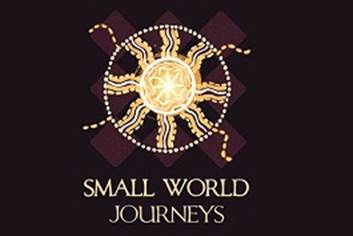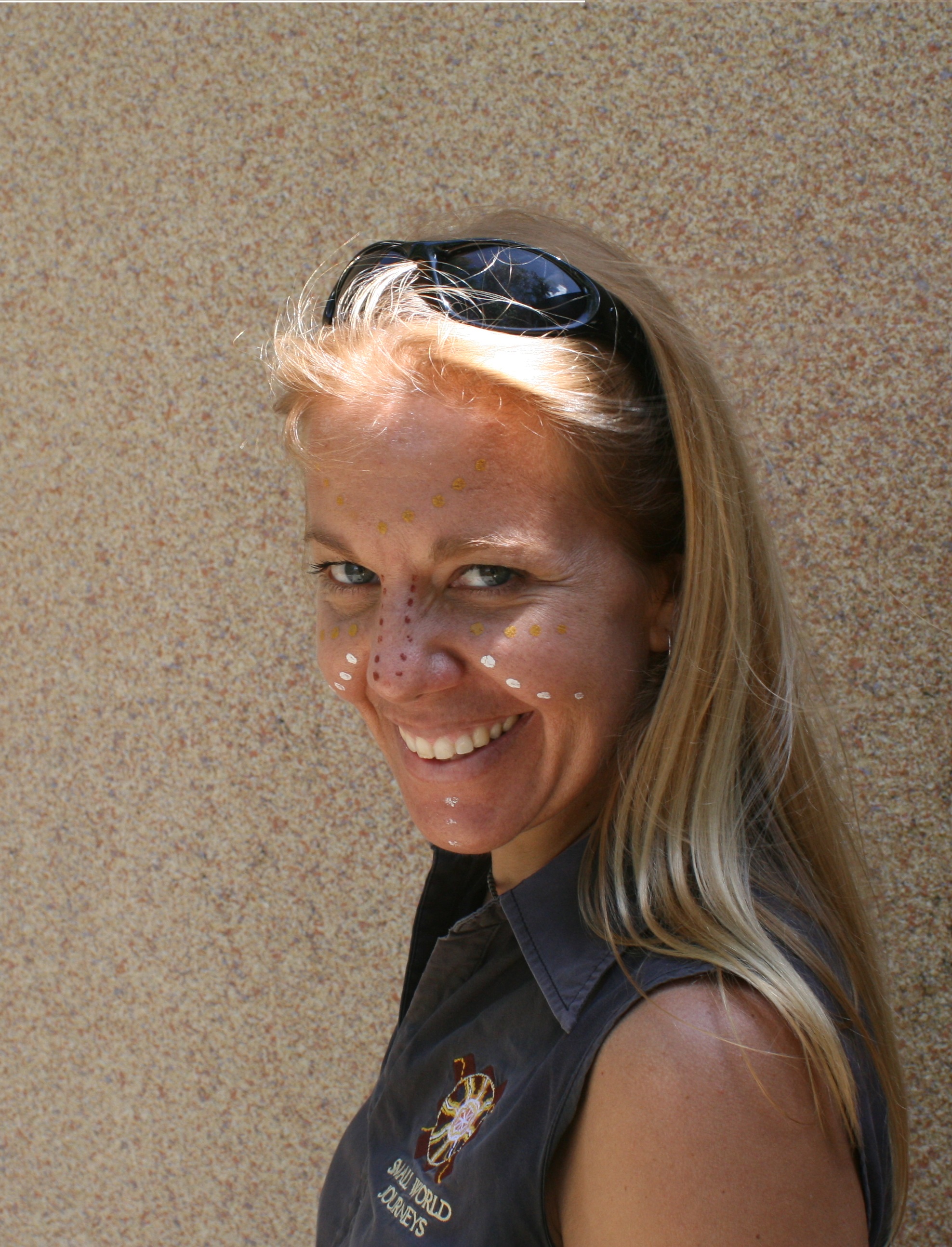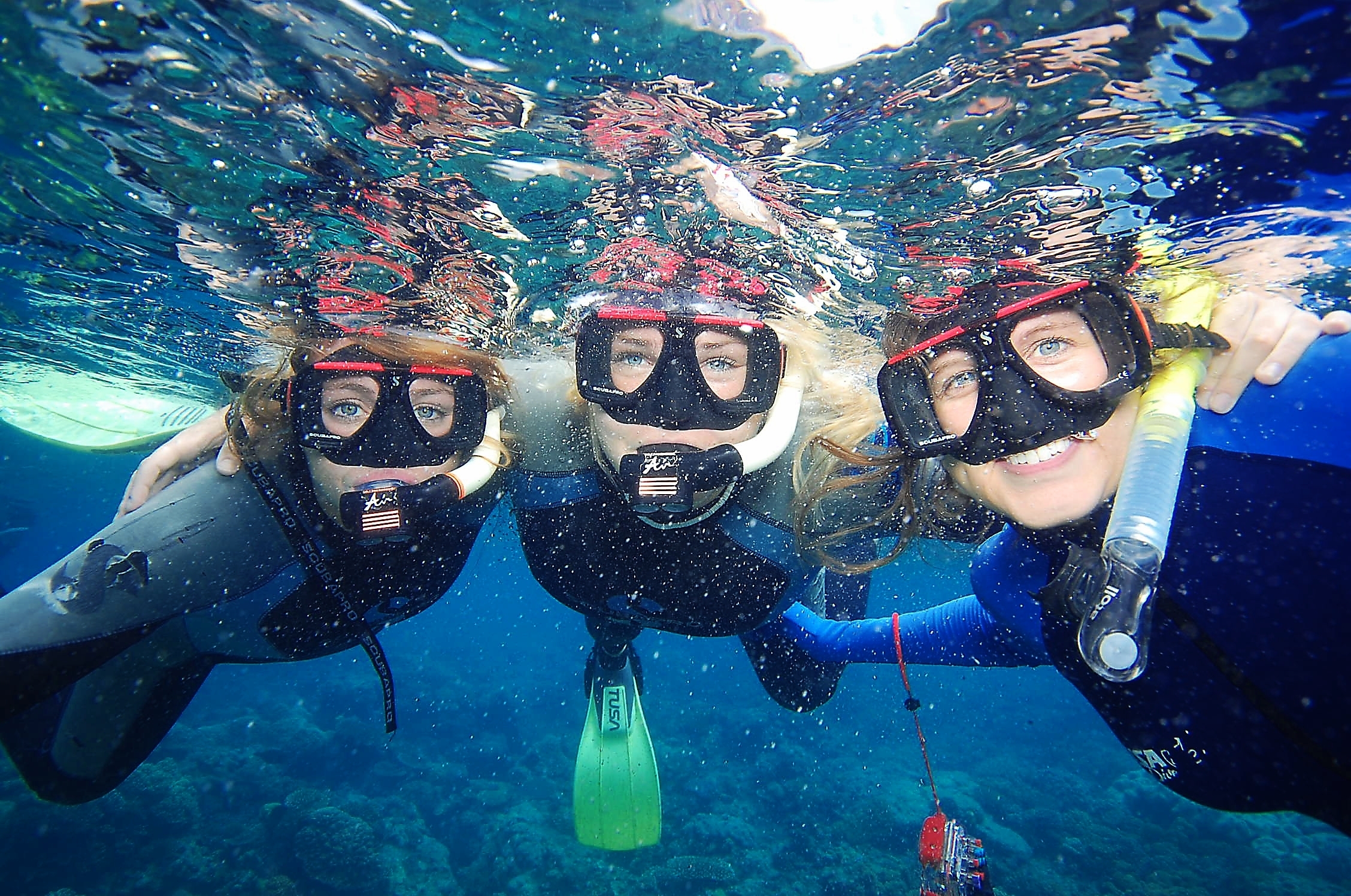We took some time out to talk to Laurie Pritchard, Managing Director of Small World Journeys to get to know the organisation and learn more about its passion for teaching young adventurers about Australian nature and Aboriginal culture.
Tell us your story. How did your business get started?
A typhoon was responsible for the start of Small World Journeys. More specifically, a travel delay in Tokyo caused by a typhoon caused my future partner, Peter and I to meet for the first time. Through our love of the natural world, travel, and educating young people, the seeds for Small World Journeys were sown. It was only after we settled in Cairns, Australia that we realised a tropical place where two UNESCO areas lie side by side was the perfect site to teach students about flora, fauna, and Aboriginal culture, year-round.
What are your unique selling points? What makes you different?
In teaching young people to be responsible travellers, we must model this ourselves. So in that vein we give students aluminium water bottles and cloth shopping bags so they can avoid buying and using plastic bottles and bags. We calculate the carbon footprint of every trip (the process for doing this is sometimes a real pain!) and then pay to offset it. We have indigenous guides teaching students about the land from their perspective, and we give students field guides to keep so they can learn about endemic plants and animals. We give money and time to our community – be it for injured turtles or for homeless youths – so that we really practice the ‘sustainable tourism’ that we preach.
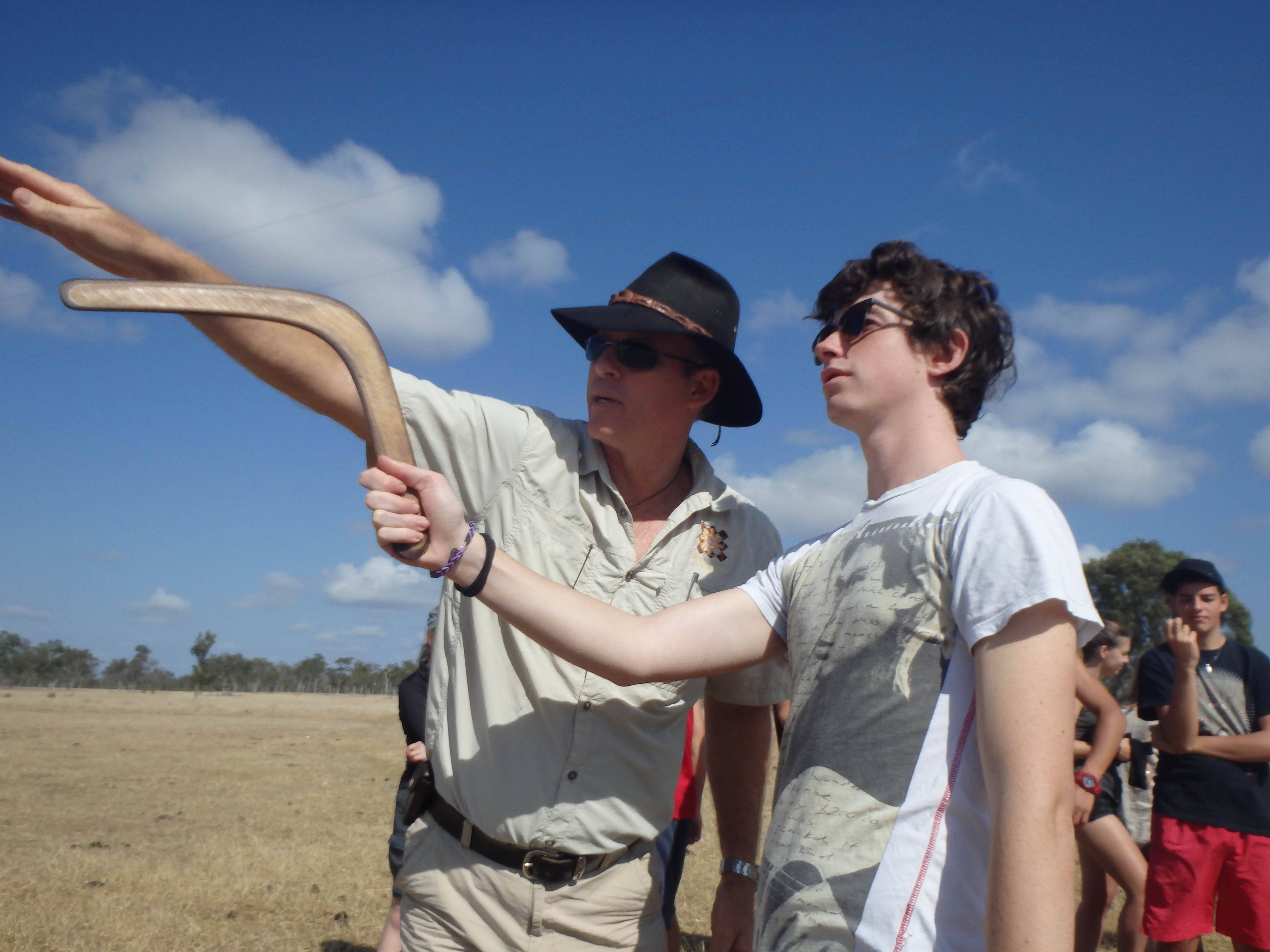 What are some of your success stories?
What are some of your success stories?
Our success is measured by the amount of students we are able to inspire and educate, and the teachers who talk about our trips. We’re proud of the fact that we tailor custom programmes to match groups’ educational goals, whether it’s collecting data about coral bleaching at the Great Barrier Reef, planting native trees, making didgeridoos with an Aboriginal family, or studying the rainforest canopy at James Cook University’s research station. For sure a highlight for all of us was securing 2011 Nobel Laureate Brian Schmidt, the down-to-earth astrophysicist, to speak exclusively to our groups who came to Cairns for the spectacular total solar eclipse in 2012…and then witnessing the eclipse itself with Mr Schmidt. The students were awestruck.
What are your future plans?
We are bursting at the seams with ideas, and we can’t work fast enough. Right now our focus lies on fine tuning our content so that we can match the educational objectives in the new Australian curriculum. We are also teaching ourselves how to expertly match the expectations of all the many different nationalities that are coming to us for custom trips in Australia.
Which trends and challenges do you see in the youth travel sector?
Community service projects are in high demand. True, we all are feeling more connected technologically, but we are seeing the desire to feel more connection to community. Many student groups are requesting volunteer projects that give them a sense of union with place and people. Our challenge is to continue to create meaningful opportunities, such as helping an endangered frog by planting trees in its dwindling riparian zone, or having a BBQ for the homeless and marginalised in Cairns.
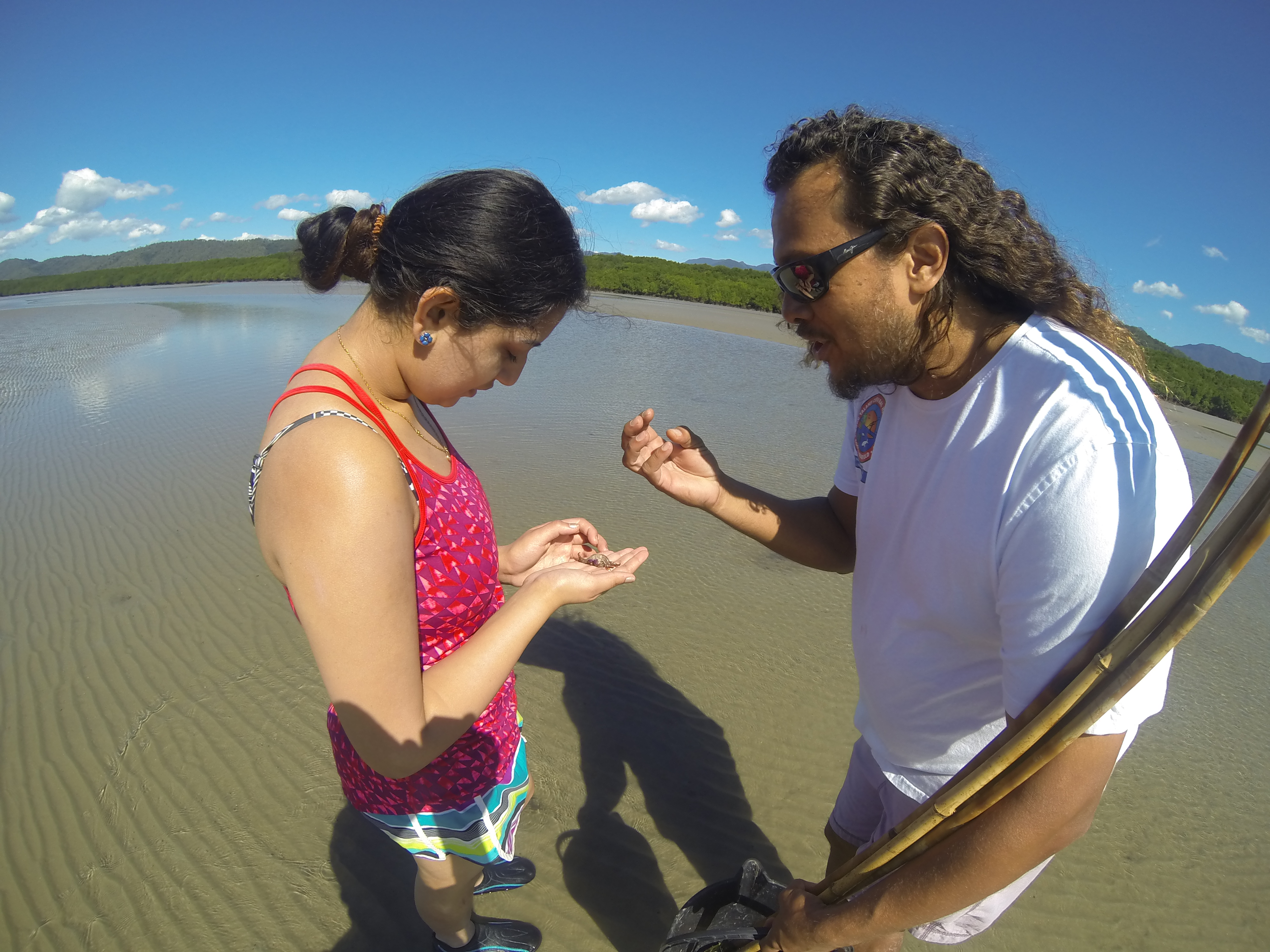 What was your motivation to join WYSE Travel Confederation?
What was your motivation to join WYSE Travel Confederation?
We want to hang with mates, of course. Joining WYSE Travel Confederation made sense, as we are all in this to promote travel for young people. Our learning and desire to improve will never stop, so we want to be as informed as possible about what is going on in our industry.
Any top tips for people starting out in the youth travel sector?
Look for the amazing things that the younger generation has to offer. When you find yourself complaining about young people having no respect, or why they always have their noses in their techno gadgets, or that they don’t listen, realise that the older generation has been saying this since the beginning of time. And it means you’re getting old.

